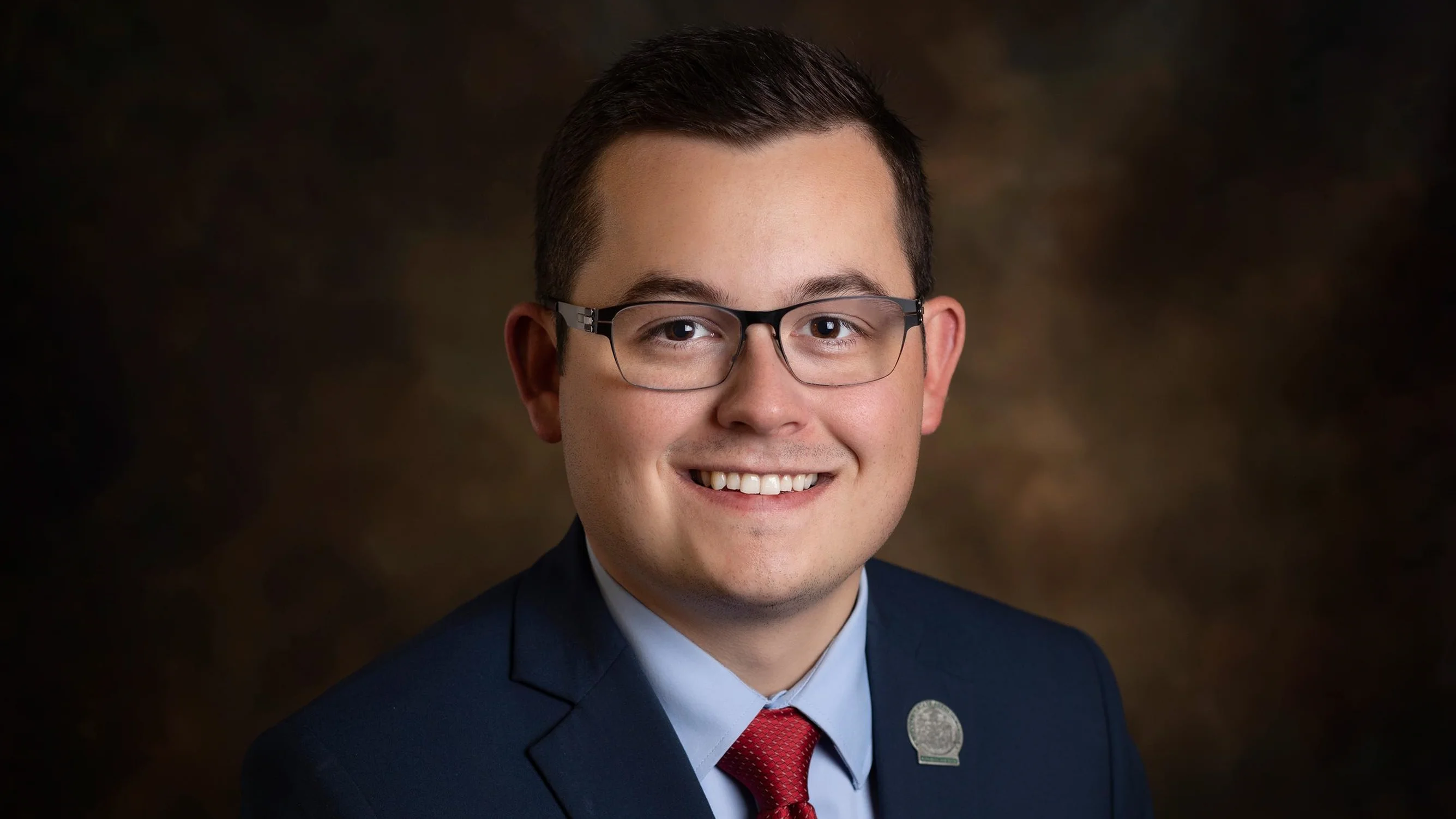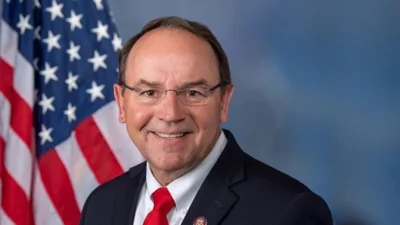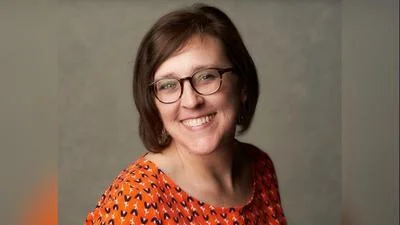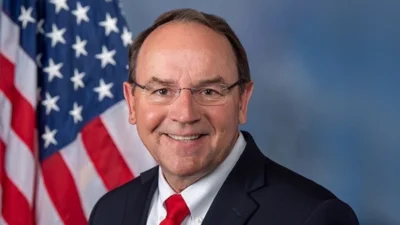Calvin Callahan, Wisconsin State Representative of 35th District | Facebook
Calvin Callahan, Wisconsin State Representative of 35th District | Facebook
According to the Wisconsin State Legislature's official website, the bill was described as follows: "certification of surgical technologists".
The following is our breakdown, based on the actual bill text, and may include interpretation to clarify its provisions.
In essence, this bill prohibits hospitals and ambulatory surgical centers from employing individuals to perform surgical technology services unless they meet certain qualifications. To qualify, individuals must have completed an accredited educational program for surgical technologists and maintain certification from a national certifying body, have military training in surgical technology, or have been employed as a surgical technologist by Dec. 31, 2027. The bill allows hospitals and centers to employ individuals for up to 24 months after completing their educational programs without certification. These entities may impose additional requirements for employment. The bill exempts licensed health care providers performing services within their scope of practice and practices like cardiac radiology, expanded function dental auxiliary under a dentist, and optometry under an optometrist. The act takes effect on Jan. 1, 2028.
The bill was co-authored by Senator Jesse L. James (Republican-23rd District), Representative Tara Johnson (Democrat-96th District), Representative Rob Kreibich (Republican-28th District), Representative David Murphy (Republican-56th District), and Representative Jerry L. O'Connor (Republican-60th District). It was sponsored by Senator Brad Pfaff (Democrat-32nd District) and Senator Mark Spreitzer (Democrat-15th District).
Calvin T. Callahan has co-authored or authored another 45 bills since the beginning of the 2025 session, with none of them being enacted.
Callahan, a Republican, was elected to the Wisconsin State Assembly in 2021 to represent the state's 35th Assembly district, replacing previous state representative Mary Felzkowski.
In Wisconsin, the legislative process starts when a senator, constituent, group, or agency proposes an idea for a bill. After drafting, the bill is introduced, numbered, and referred to a committee for review and public input. If approved, it moves through three readings and votes in both the Senate and Assembly. Once both chambers pass the same version, the bill goes to the governor, who can sign it, veto it, or let it become law without a signature. Only a small share of bills introduced each session ultimately become law. You can learn more about the Wisconsin legislative process here.
| Bill Number | Date Introduced | Short Description |
|---|---|---|
| AB261 | 05/19/2025 | Certification of surgical technologists |
| AB243 | 05/02/2025 | Regulation of amusement rides located at campgrounds. (FE) |
| AB231 | 05/02/2025 | Creating a tax credit for expenses related to film production services and for capital investments made by a film production company, granting rule-making authority, and making an appropriation. (FE) |
| AB226 | 04/23/2025 | Prohibiting school boards and independent charter schools from providing food containing certain ingredients in free or reduced-price meals |
| AB218 | 04/23/2025 | Limitations on ownership of real property in this state by foreign persons. (FE) |
| AB192 | 04/15/2025 | Fatality review teams and granting rule-making authority. (FE) |
| AB154 | 04/02/2025 | Use of certified seed potatoes in planting potatoes and providing a penalty. (FE) |
| AB107 | 03/11/2025 | Conversion of cooperative associations organized to establish and operate nonprofit plans or programs for health care into service insurance corporations |
| AB45 | 02/17/2025 | Ratification of the Dietitian Licensure Compact. (FE) |






 Alerts Sign-up
Alerts Sign-up